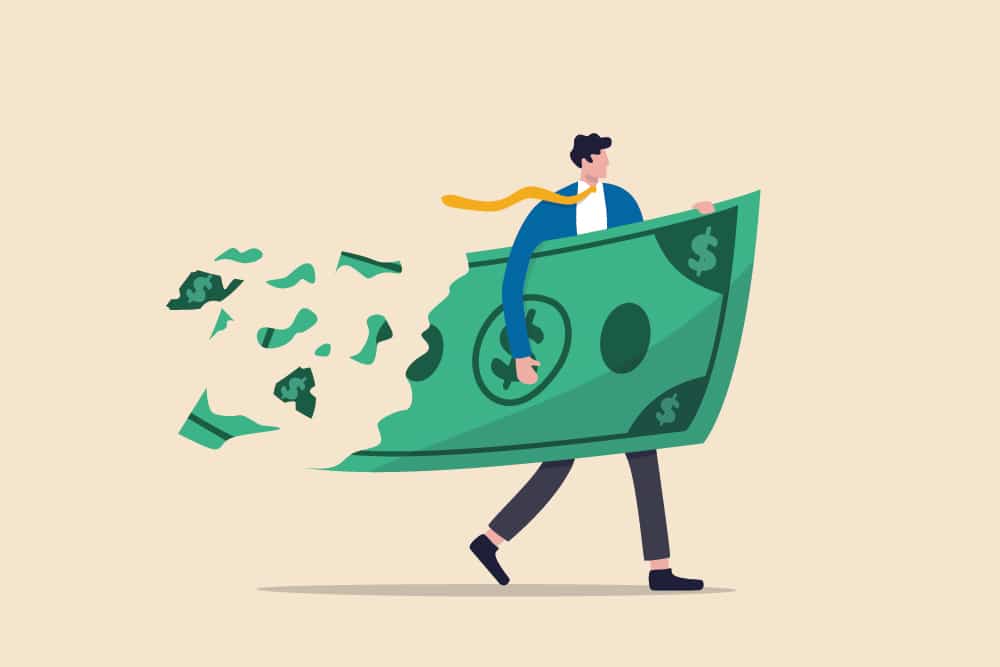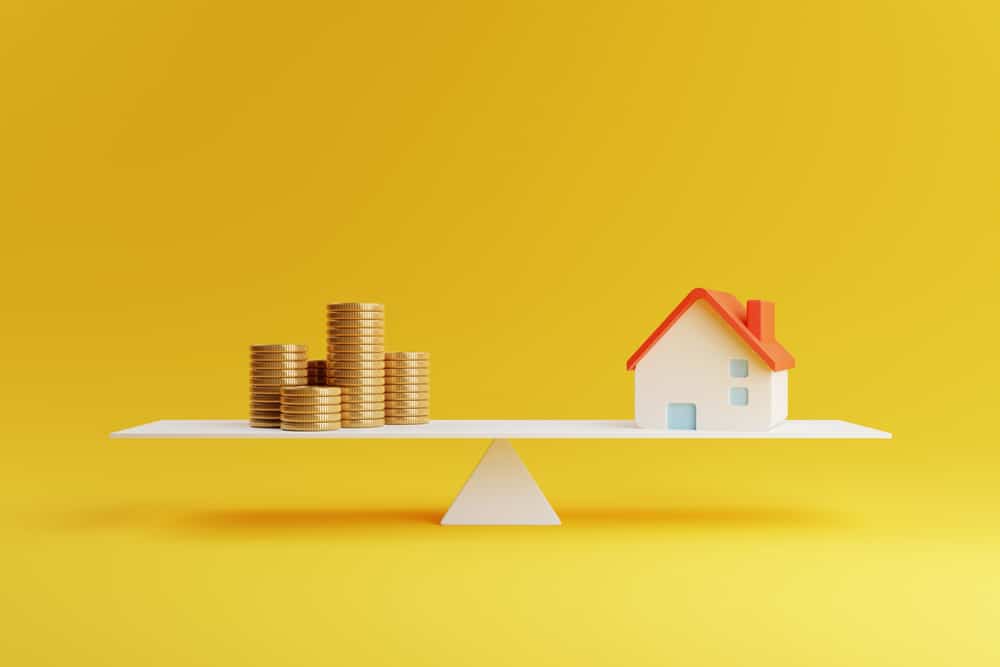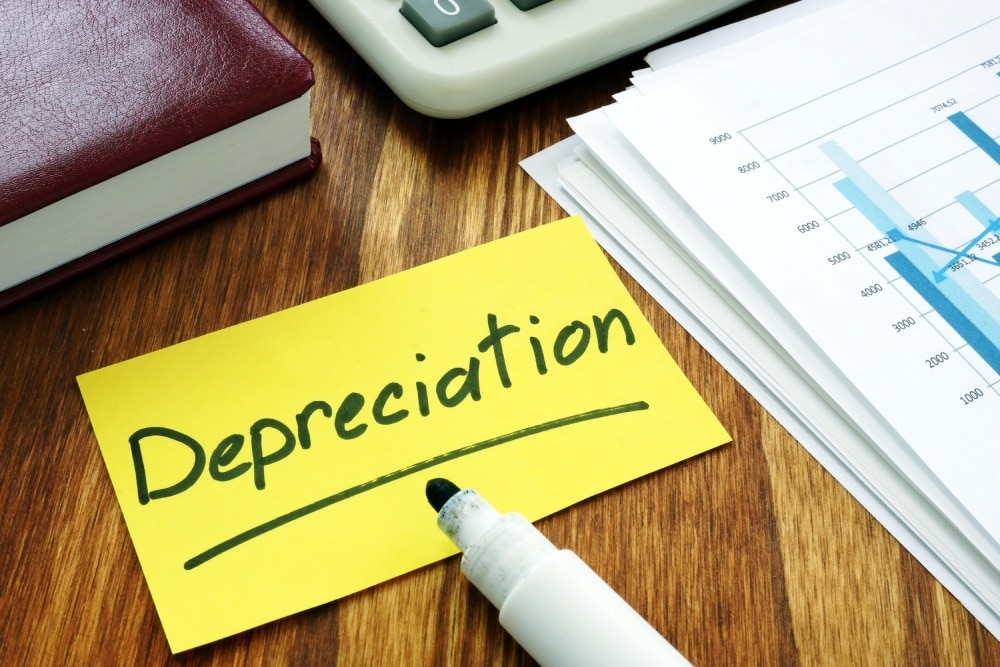What Is the True Value of Your Investment Property?

Like a fine wine, the value of property gets better over time. Traditionally, the more time you have an investment property, the higher the value will rise.
However, unlike your favourite Shiraz, property values can go up and down, and up again.
Getting to know how, why and who is valuing your property can help us understand what property to invest in.
There are three ways to value a property – and three very different people doing the valuing.
THE VALUE HISTORIAN
The value historian is assessing the value of your property based on the past, what has come before. They look back at what was going on in the market three to six months ago and make a valuation based on what the property is worth if it was sold today, or in the next 30 days. What would it make based on the past?
Value historians work for the banks, the lenders. Their primary role is to protect the lender’s money. They have no real interest in what the property is worth in the future, or what the market projections are.
This is important to remember if a valuation comes in low, but you still like the property. Remember, as a smart investor, you’re looking at the long game, not what happened six months ago.
THE PRESENT VALUER
Other than the owner, the next person who is most motivated to sell a property is the person who values it in the present, what it can or could sell for right now. And that’s the agent.
Real estate agents, quite fairly, are motivated by money. The more they sell a property for, the higher the value, the more commission they get. That’s their job.
Agents are in a prime position to value a property based on what is happening in the market right now. They are getting phone calls every day from people wanting to buy and sell, so they can get a real sense of what kind of property is in demand and what might sell for more than the lender thinks the property is worth, based on market demand.
This is where agents can be helpful when looking at the value of a property. While the bank or lenders say the property is only valued at $500,000, talk to an agent with their finger on the pulse and they could estimate they’d get $550,000 based on their insider knowledge of the market activity.
THE FUTURE VALUE
This is the important valuer – because it’s you! The investor. The one who’s in it for the long game and has a plan and strategy and an end goal, whether that’s a shorter working week, or a new car every year.
Smart property investors do their numbers before they buy and know what they need a property to make in rent return and capital growth so that they can achieve their goals.
When it comes to valuing your property, you have to decide what the future value will be and what needs to happen to achieve that increase. For example, does the property need to be developed to reach its value potential, and if so, are you willing and able to do that? Make sure the property is going to work for you and your investment strategy.
UNDERSTANDING THE RULES OF SMART INVESTING
Let the experts at Positive Real Estate teach you how to value a property at one of our free property investing seminars. Plus learn all of the ins and outs of smart property investing.
Sign up for one of our information and education events, where you’ll be equipped with the tools, resources and support to thrive, and not fall behind on your path to financial freedom – whatever that may look like for you.
Book your spot now and find out what you need to know about the current market landscape and how you can make it work for the ultimate wealth creation opportunities.
Recent Articles
3 Ways a Property Investor Will LOSE Money!
There are many ways you can win big by investing in real estate. Equally, if you lose sight of the basics, you’ll end up losing something much worse – money! No one sets out on their property journey to go backwards financially, so take note of these three common mistakes that investors often make, because if you don’t, it may cost you in the long run. Here are 3 ways an investor can lose money…
An Investor’s Guide to Multi-Income Properties
When it comes to building a booming property portfolio, diversity is key! There are four primary multi-income types that Australian investors can buy at the moment.
Property Cash Flow Basics For Creating Passive Income
Buying real estate is similar to running a business – good performance is derived from your ability to generate cash flow. For a property investor, this means eventually living off the passive income that your real estate generates. Therefore, it is especially important that you map out your ability to build a portfolio that will deliberately achieve this level of success from the get-go.
How Property Investors Can Reduce Tax Down To Zero!
Those who own real estate are subject to many, different kinds of tax. Some tax is unavoidable. Other kinds of tax are legally, 100% avoidable – or at least able to be reduced substantially. With the Victorian government recently announcing a rise in the land tax threshold it’s even more important that property investors know where they can and should minimise the tax they pay.
A Property Investor’s Guide To Depreciation
Every smart property investor knows that to create and maintain a portfolio, we need to have good cash flow. One of the ways we can support this is by using depreciation and tax. But, just like equity, depreciation only works for us if we know how to access and then leverage it.
A Property Investors Guide To Guaranteed Rental Increases
Rent is your weekly or monthly incomes from your property. And it’s an income you don’t work for. It’s the absolute key to good cash flow and passive income, so it’s essential you are able to keep raising your rents at regular intervals. But, what makes it possible for property investors to do this?
The Only Time You Should Sell An Investment Property
The golden rule of property investing is to buy well and NEVER SELL. However, there are always exceptions to the rule… Firstly, let’s look at why you would keep an investment property? If you buy a great piece of real estate, in the right location, it will always create a passive income for you, so there will be no reason to sell it.
House vs Apartment – Which Is Better for Capital Growth?
Many property investors favour one type of property – either apartments or houses. While there are pros and cons to both, which we will discuss here, one of the often forgotten advantages of houses is the investment you’re making not only in the bricks, but also in the land. Land value in itself increases over time, and investment in a piece of land also provides opportunity to renovate, subdivide and develop, all of which lead to greater capital growth.
Use Equity To Create Cashflow in 4 Simple Steps!
Equity is an interesting topic when it comes to real estate. Smart property investors know that equity can play a key part in creating passive income that accumulates over time, allowing us to eventually work less and ultimately do more of what we love. But in order to be able to use equity to create passive income, there are some important steps property investors need to take right at the beginning of their journey.












